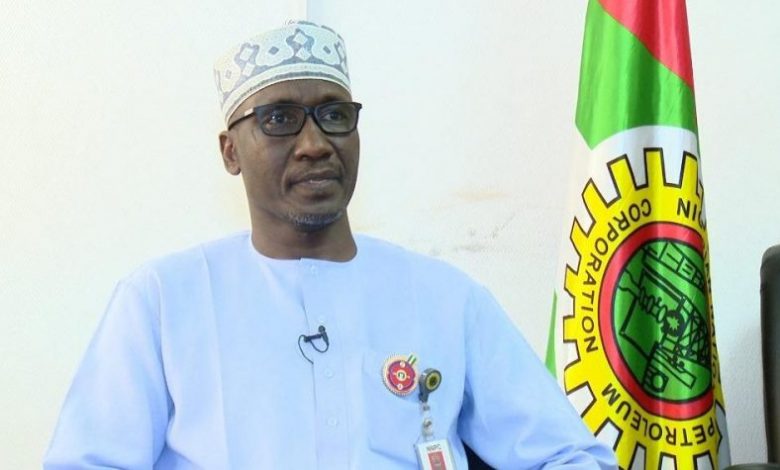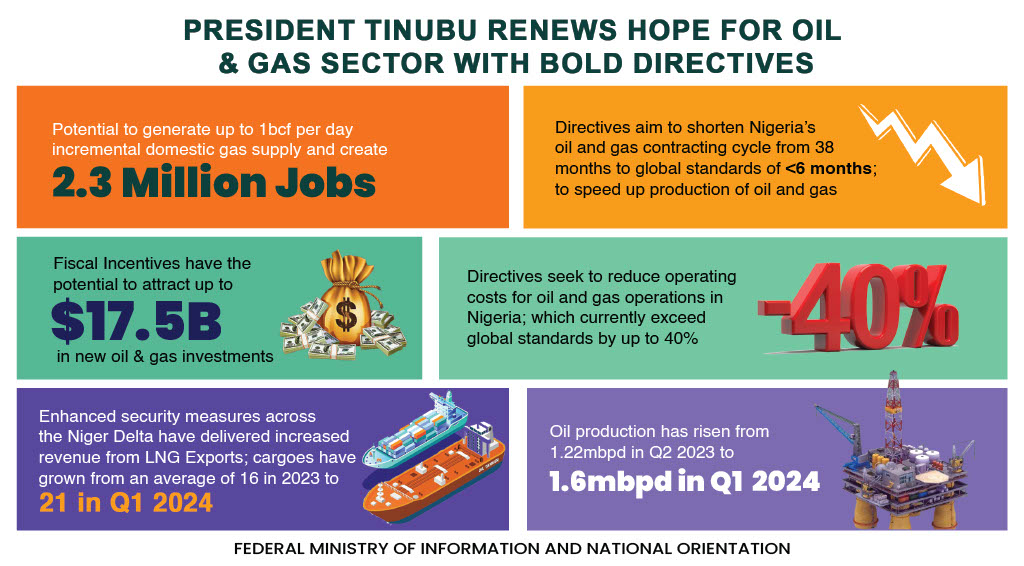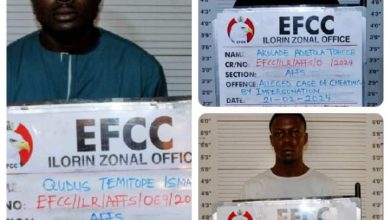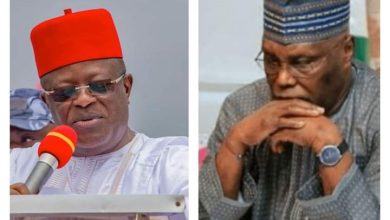
Mele Kyari, the Group Chief Executive Officer of the Nigerian National Petroleum Company Limited, has said that only 10 to 15% of Nigerians benefitted from the fuel subsidy regime.
He stated this during an interview on Channels Television on Thursday night. According to him, many Nigerians do not own cars, so they rely on public transportation.
Meanwhile, there are Nigerians who own three to four cars, as well as escort vehicles, which consume more fuel than ordinary Nigerians.
He also said that there are fuel stations that never sold fuel at the previously regulated price of N195 per liter, especially outside city centers. He said:
“There is nowhere you will find stations selling at regulated prices except for NNPC and a few others and many of the cars on the road are owned by people that are not using these cars for the purpose of transporting the mass of people. They are also not using it to transport people to their workplaces.
“The owners are mostly business leaders, people who have resources and ability. Then you have a marginal group of people, those who drive their cars to work.
“This is very reflective in the consumption of fuel. They are maybe 10 to 15% of the population taking the value of 100%, that is what we are dealing with.
“The effect only comes to the ordinary man because some of the transport means for the ordinary people are keke napeps and some of the small cars we are seeing around. These cars consume the least amount of fuel.”
Dealing with arbitrage
Kyari also noted that the increase in fuel pump prices drastically reduces the arbitrage environment the market has created. He highlighted the fact that Nigeria has an arbitrage environment. He said:
“Before this decision we took, fuel was selling for N195 per liter in Abuja, but just across the border, there is nowhere you have prices that are less than N500 per liter.”
Kyari said that Nigerian fuel is being sold in other African countries going as far as Sudan. He cited an example saying when 60,000 liters of fuel are taken from Lagos to Maiduguri legitimately, the margin for the trader is about N300,000 to service the fuel station, and pay workers.
It also means the trader is making about N1 million from the sale of four trucks of that capacity, meanwhile, buying the fuel could cost up to N8 million. But if this same product is taken across the Nigerian border, the marketer makes N12 million to N17 million. So, the new pump price will reduce fuel smuggling because Nigerian fuel now sells at the market price.
Data on fuel consumption
While addressing data on fuel consumption in Nigeria, Kyari said that currently, Nigeria has no credible data on fuel consumption. However, there is credible data on evacuation from the depots. He said:
“I don’t think there is credible data on fuel consumption but there is credible data on evacuation from the depots. Every truck that leaves from every depot in this country is known – the truck number, the driver, and the planned destination of that product.
“We have numbers around this, and those numbers are what we assume is our consumption rate. But we know that it may not be so because we know that petroleum products are smuggled across the country.”
Mele Kyari said that vandals have made it practically impossible for the country to transport fuel through pipelines. He gave an instance saying that for the last 17 years, it has been impossible to operate the line from Warri to Benin. However, he said the NNPCL was working on technology solutions to tackle this challenge.








